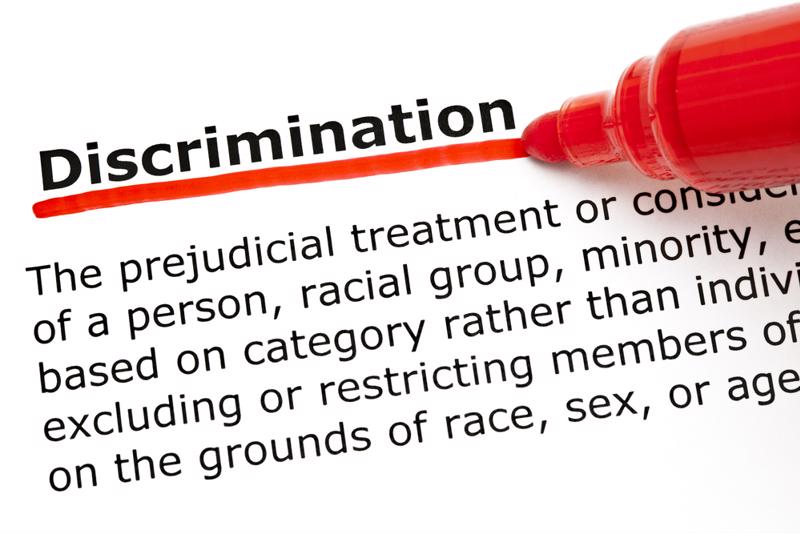What is the Supply Chain Due Diligence Act?
Formally known as the Act on Corporate Due Diligence in Supply Chains, the Supply Chain Due Diligence Act is a law that mandates large organizations (specifically those that employ 3,000 or more employees) to deploy more oversight and visibility into their work environments in terms of how they're maintained. More specifically, it requires organizations to take all the "appropriate measures" necessary to ensure workers aren't subjected to conditions that would infringe upon their human rights.
For example, under the law, businesses are prohibited from employing any one who is 15 years of age or younger. The Supply Chain Due Diligence Act also bars wage discrimination.
In addition to these human rights protections, businesses must also provide assurances that they're not adversely harming the environment in their day-to-day business activities and processes. This includes a prohibition on "causing harmful changes to the soil, polluting water, polluting air, causing harmful noise emission or overconsuming water," among other rules.
If you operate a German organization or any of your business activities take place in Germany, you may need to take the appropriate steps to ensure that you're in compliance with this regulation. These steps may include establishing a comprehensive risk management system, setting up a task force to develop procedures related to compliance and adopting a policy statement that outlines your business's human rights strategy.

European Union is following suit
It isn't just Germany that is taking human and environmental rights more seriously as they pertain to supply chain management. The European Union is as well. In February, the European Commission adopted a proposal that aims to strengthen "sustainable and responsible corporate behavior throughout global supply chains." While this due diligence law remains in preliminary stage, it would affect more businesses than Germany's rule. For example, instead of companies with 3,000 employees as the baseline, it would impact businesses that employ at least 500 people on the payroll and have locations in any of the 27 countries that comprise the EU. The proposal may eventually impact small businesses.
Didier Reynders, who serves as the EU's sitting commissioner for justice, said the due diligence law is a long time coming.
"This proposal is a real game-changer in the way companies operate their business activities throughout their global supply chain," Reynders explained in a statement. "With these rules, we want to stand up for human rights and lead the green transition. We can no longer turn a blind eye on what happens down our value chains. We need a shift in our economic model."
While it's unclear how the the EU's due diligence laws will be legislated at this point, you may want to consult with a supply chain management team to strengthen your compliance protocols relating to employee wellness and establish systems that ensure discrimination — in all its forms — is never an issue.



Post A Comment:
0 comments so far,add yours